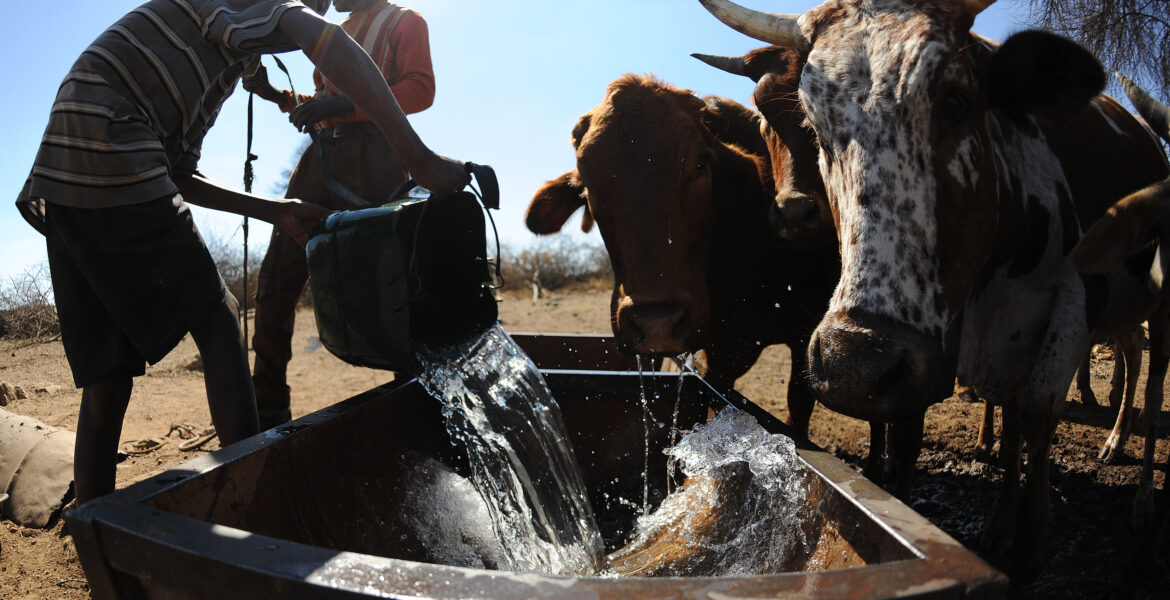- Farmers are unable to sell their livestock, especially cattle
- Minister Molao blames shortage on “procurement issues”
- Says the situation should be resolved by mid-November
SESUPO RANTSIMAKO
The government has confirmed that farmers are constrained to sell their livestock because of a serious shortage of ear tags used in the country’s livestock identification and tracking system.
“It is true there are no ear tags and farmers know it through their associations and public platforms,” the Minister of Agriculture, Fidelis Molao, said in an interview this week.
According to the Chairman of Sandvelt Farmers Association, Boitshoko Sekwati, livestock should be ear tagged from as early as two or three months after birth, “but many farmers are no longer in compliance because there are no ear tags”.
Since July
He added that most farmers can no longer sell their weaners. “We have been experiencing the shortage of ear tags since July,” he said.
“Most farmers dispose of weaners early but they cannot do so because no livestock can be sold without ear tags.”
Gosata Mosweu of the Nata/Gweta Beef Producers Association is saying much the same thing. “Because the Ministry of Agriculture is the sole supplier of ear tags, it disrupts the entire industry if they run out of them,” he said.
Routine failure
“We were told that they would be available in three months when we enquired. However, the shortage continues to-date.”
But Mosweu blamed both the government and farmers for the situation; the government for the shortage, some famers for their routine failure to comply with regulations and therefore being unable to sell their livestock.
Communicated publicly
“Some farmers choose to comply only when they want to sell,” he said.
Upon being contacted, Minister Molao, confirmed the shortage of ear tags, saying this has been communicated publicly.
“This shortage obviously disrupts the smooth running of the cattle industry,” he said.
The minister attributed the shortage to procurement issues. “Procurement is ongoing and we hope to have resolved this by mid-November,” he said.

